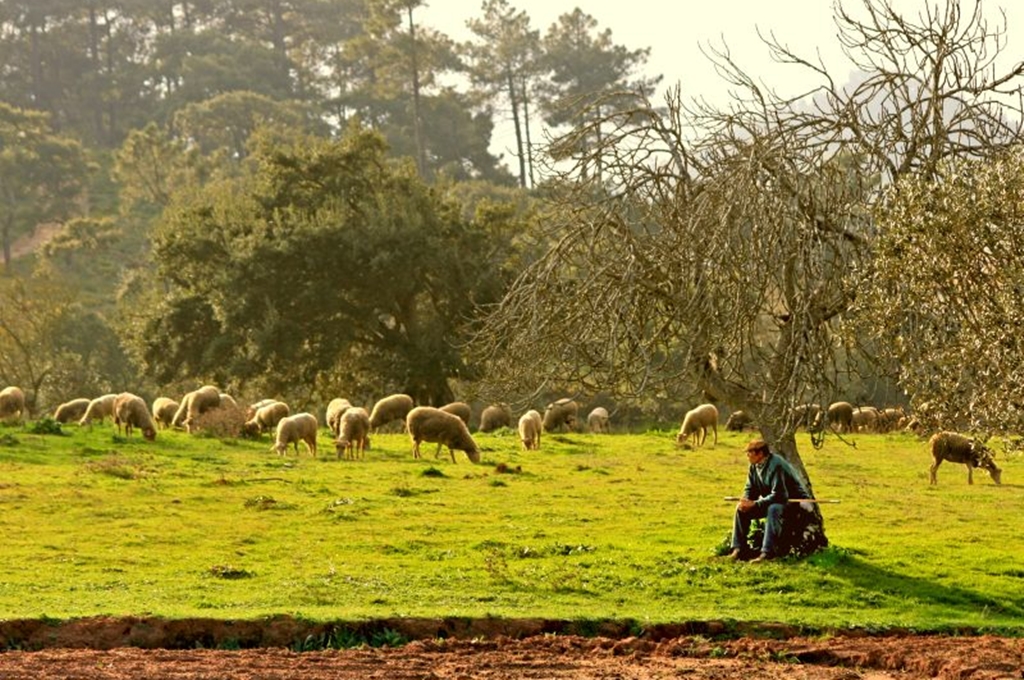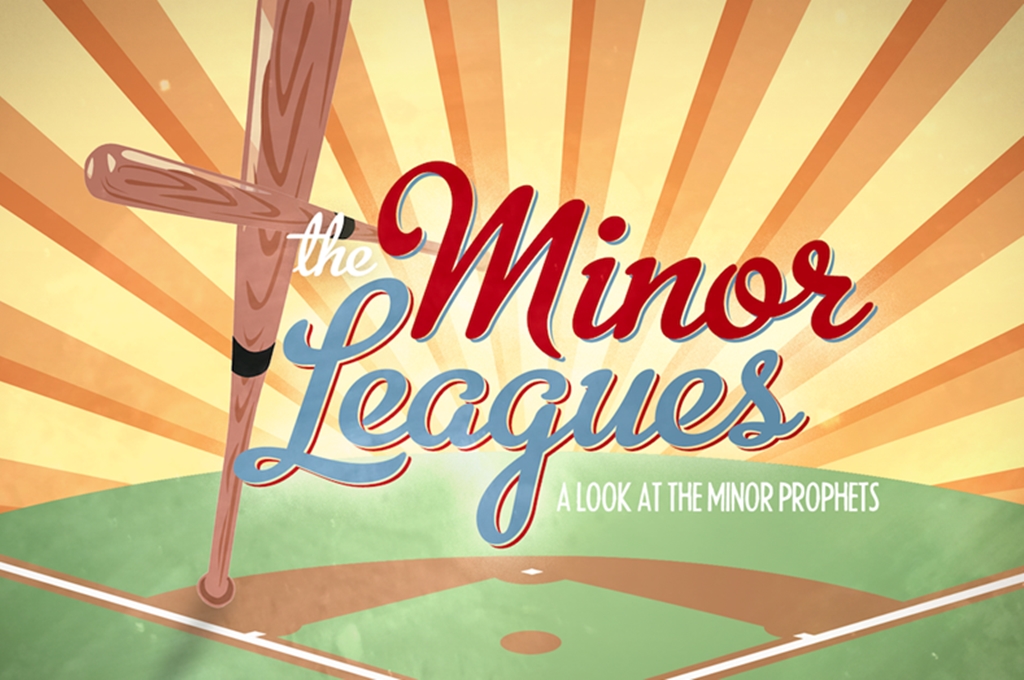It is no surprise that the key to incredible youth ministry is relationships. Without relationships, everything we do in student ministry would be a rigid boot camp of behavior modification and countless lists of self-help mantras. In order to set ourselves up for success, however, we must consider certain things beyond just relationships. These things are the dirty words that make diehard relational student ministries like my own cringe:
Curriculum. Christian education. Programs. Etc.
These words typically cut at the heart of the relational model we want to maintain within our student ministry. However, if we don’t at least consider the bigger picture of these kinds of things then we can easily find ourselves in a ministry with no clear direction or goal for the spiritual development of our students.
I know within my ministry we don’t like to use the word “curriculum.” It carries the connotation of school, which to a teenager is synonymous with busy-work, assignments, and deadlines that are sometimes hard to reach. It also can make relational ministries feel boxed in and not open to “go-with-the-flow” as the Spirit may lead from time to time. And don’t get me started on using the phrase “Christian education” as it relates to Sunday school or small groups. If students hear that phrase then the negative feelings toward the term “curriculum” multiply exponentially. When we talk about our youth ministry “programs,” we tend to focus on the activity itself rather than the students involved with the activity.
Now that I have seemed to bash these ideas in the context of relational youth ministry, let me backtrack. I am in favor of these things coexisting with a relational youth ministry model. Here is why:
We must have an idea of what we want students to learn over the course of their time in our youth ministries. We can all agree that there are specific tools middle school students need to learn while they are in middle school in order to successfully navigate those tricky waters. The same goes for high school students. This is where the concept behind curriculum and Christian education comes into play: to intentionalize the overall teaching and discipleship process for our students. We may cringe at the words “curriculum” and “Christian education,” but the concepts behind what they do are vital to the overarching goal of helping our students grow in their relationship with God. We need to allow freedom to diverge from the scheduled Bible study topic, but we also need to have a plan to equip students with the biblical knowledge they need for life after youth group.
When we formulate and schedule our “programs,” we shouldn’t be doing it to fill the calendar. We have programs in order to provide space for relationships to grow within the group itself and between the students and God. If we don’t think creatively about how to program space for these relationships, then we easily pack the calendar with stuff and never create opportunities for real growth to happen.
We are intentional about not using those “dirty” words in our student ministry, but the concepts are definitely there. What do you think? How do you develop curriculum and programs in order to help your students grow? What do you feel are the most important things a middle school/high school student should learn? What needs to be talked about every year no matter what? How do you create space within your schedule to help students grow? Leave comments below, and let’s learn from one another!




